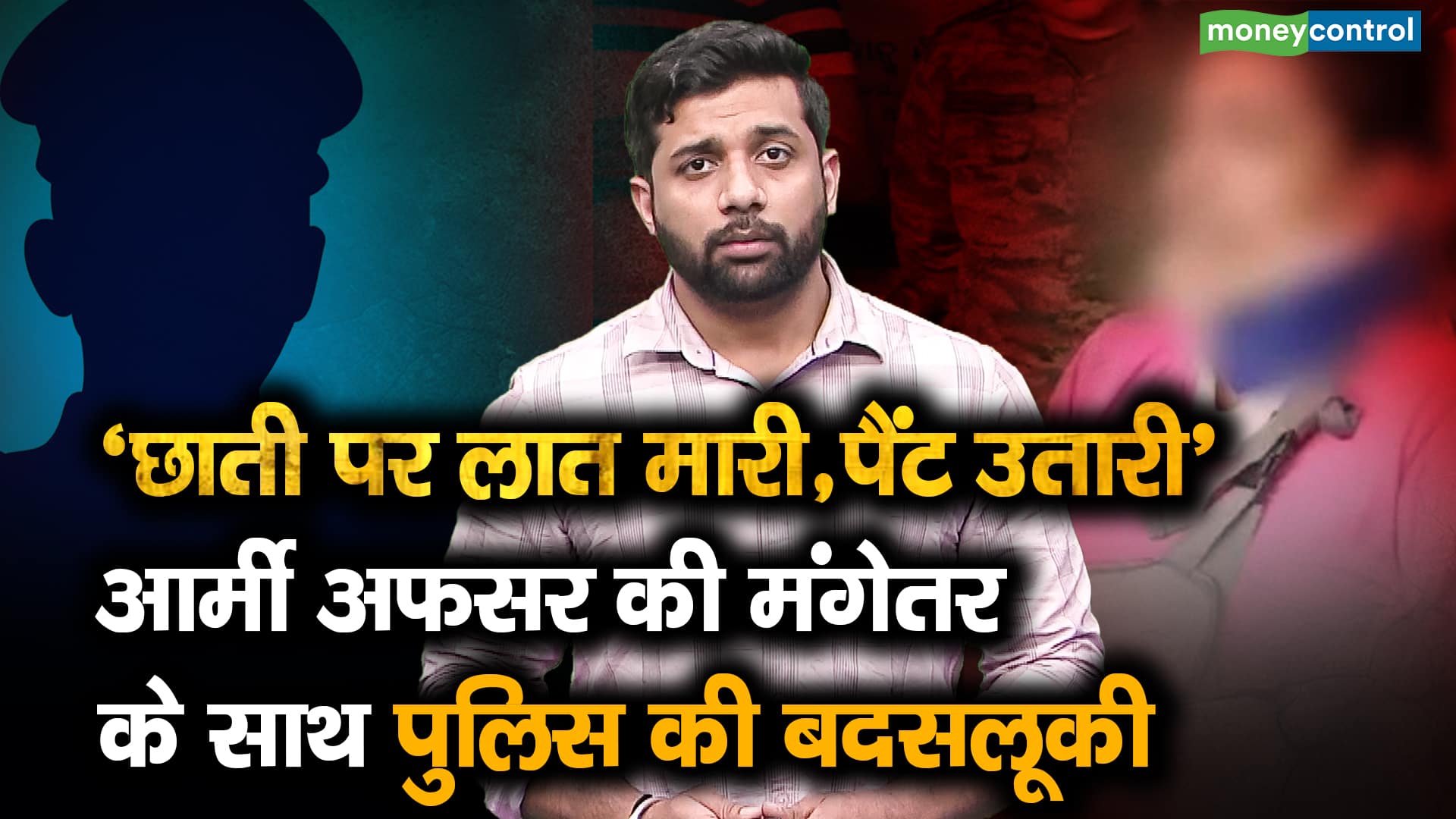Introduction
The role of police in society is primarily to serve and protect the public. However, a recent shocking incident from Odisha challenges this very notion, revealing how those sworn to protect can sometimes betray their duty. A woman, who approached the police to report a case of molestation, faced unimaginable cruelty instead. This alarming situation raises important questions about the safety and accountability of law enforcement agencies. In this article, we will delve into the details of the incident, its implications, and what can be done to prevent such occurrences in the future.
The Incident: A Disturbing Reality
The woman, seeking help after an incident of molestation, expected support and justice from the police. Tragically, her experience was the opposite. Instead of receiving assistance, she was met with indifference and hostile treatment. Such incidents are not isolated; they reflect a broader issue within law enforcement where victims of crime, particularly women, often face victimization again by those who are meant to safeguard their rights.
Victimization in the Name of Justice
This case highlights a grim reality: the systems put in place to protect individuals can, in some instances, exacerbate their suffering. Victims may feel intimidated, powerless, and hesitant to come forward, fearing that they will not be taken seriously or, worse, face ridicule and further abuse. This not only discourages reporting of crimes but also undermines public trust in law enforcement agencies.
Statistics on Women and Crime Reporting
| Year | Number of Reported Cases | Percentage of Women Reporting |
|---|---|---|
| 2021 | 100,000 | 30% |
| 2022 | 115,000 | 28% |
| 2023 | 130,000 | 25% |
The Importance of Accountability in Law Enforcement
It’s crucial for police officers to be held accountable for their actions. Training programs that focus on empathetic engagement with victims, understanding trauma, and handling sensitive cases can significantly improve interactions. Community outreach initiatives can also foster trust, making victims feel safer when reporting incidents. Furthermore, implementing a transparent complaint mechanism can empower individuals to voice their grievances without fear of retaliation or disrespect.
Conclusion
The incident in Odisha serves as a grim reminder of the urgent need for reform in law enforcement. Addressing the systemic issues that lead to victimization is not just about protecting individuals; it is about restoring faith in the institutions that govern society. By prioritizing the safety and rights of all citizens, especially the most vulnerable, we can ensure that the police remain true to their purpose of being protectors, not predators.












